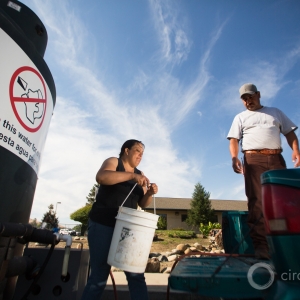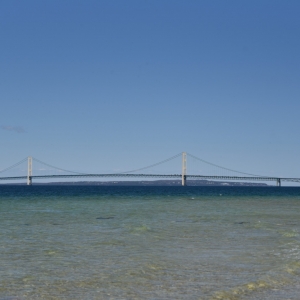The Stream, October 12, 2021: Less Than 50 Percent of Rural Indian Households Have Running Water
YOUR GLOBAL RUNDOWN
- Electricity is restored across Lebanon after the country’s ongoing fuel shortage led to nationwide blackout over the weekend.
- Just over 40 percent of rural Indian households have access to piped water.
- Residents of Folsom, California sue the city, claiming officials knowingly sent water through residential pipes that were corrosive.
- Officials at the Talbert Marsh say it could be years before the wetland recovers from a recent oil spill.
A surge water demand following the medicinal marijuana boom in Oklahoma is overwhelming rural water utilities.
“We’ve got water systems that were built 50, 60 years ago being asked to perform to standards today that are just outside of its capacity.” – Sheldon Tatum, a rural water district manager in Hughes County, Southeast from Oklahoma City. NPR reports as the medicinal marijuana industry takes off across Oklahoma, the demand for water and electricity to support cannabis growing infrastructure is straining some rural utilities. The average household of four in Hughes County uses around 10,000 gallons of water a month. One of eight cannabis growers that recently moved to the area, according to Tatum, used 223,000 gallons in September. The surge in water demand could cause aging water pipes to break, raising maintenance costs that will lead to higher bills for everyone. In other areas, like the city of Wynnewood, water managers fear running out of water entirely.
IN RECENT WATER NEWS
In Case You Missed It:
HotSpots H2O: New Report Urges Policymakers to ‘Wake Up to the Looming Water Crisis’ – Current rates of progress on water, sanitation, and hygiene would need to quadruple to meet UN targets.
What’s Up With Water – October 11, 2021 – This week’s episode of What’s Up With Water covers a UN report calling for equitable distribution of water between Israel and Palestine, officials in the Great Lakes region who will provide bottled water to two communities contending with contaminated drinking water and Michigan health officials recommending thousands of residents in Benton Harbor use bottled water for cooking, drinking, and brushing teeth.
Electricity Restored in Lebanon After Nationwide Blackout
Electricity was restored across Lebanon on Sunday after residents across the country suffered through a full-on blackout amid ongoing fuel shortages, NPR reports. The country’s two main power plants, which produce roughly 40 percent of Lebanon’s power, stopped working completely on Saturday. In the city of Tripoli, residents blocked roads with cars and burning tires after power cuts worsened water shortages, according to Al Jazeera.
TODAY’S TOP WATER STORIES, TOLD IN NUMBERS
43 PERCENT
Official data out of India shows that some large states with poor health outcomes have been slow to expand access to piped drinking water connections. The Hindustan Times reports that as of now, 43 percent of the country’s 192 million rural households have water access due to the Jal Jeevan Mission, which aims to bring tapped water to every rural household in India by 2024.
20,000 PINHOLE LEAKS
A class action lawsuit against the city of Folsom, California claims the city knew that water being supplied to residential pipes was corrosive and the source of nearly 20,000 reports of pinhole leaks since June 2020. The Sacramento Bee reports that the lead plaintiff, Harold Malmquist, filed the suit after two leaks in the cold water pipes in his house caused $79,000 in repairs.
ON THE RADAR
The director of the nonprofit conservancy that owns the Talbert Marsh in California said it could be years before the wetland recovers from a recent oil spill off the Southern California coast. NPR reports that after another oil spill that occurred there in 1990, some of the wildlife and vegetation took over a decade to recover.
Jane is a Communications Associate for Circle of Blue. She writes The Stream and has covered domestic and international water issues for Circle of Blue. She is a recent graduate of Grand Valley State University, where she studied Multimedia Journalism and Women, Gender and Sexuality Studies. During her time at Grand Valley, she was the host of the Community Service Learning Center podcast Be the Change. Currently based in Grand Rapids, Michigan, Jane enjoys listening to music, reading and spending time outdoors.







Leave a Reply
Want to join the discussion?Feel free to contribute!